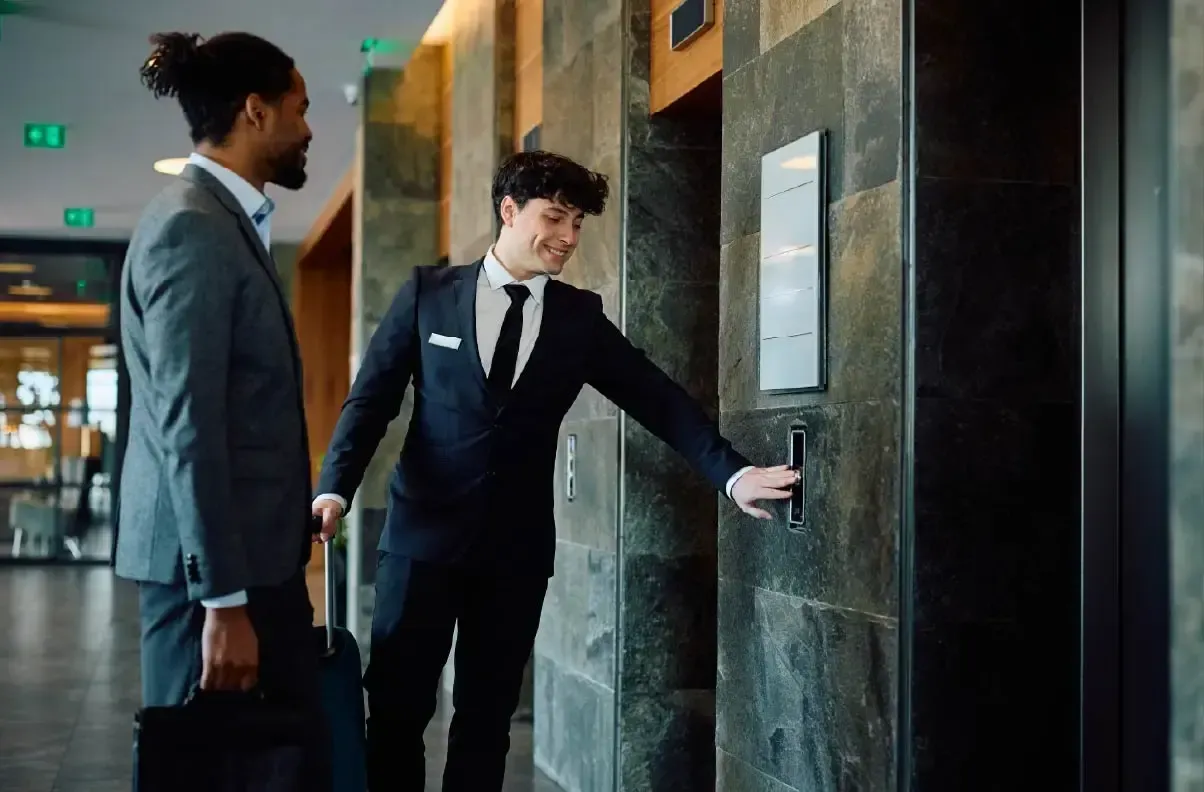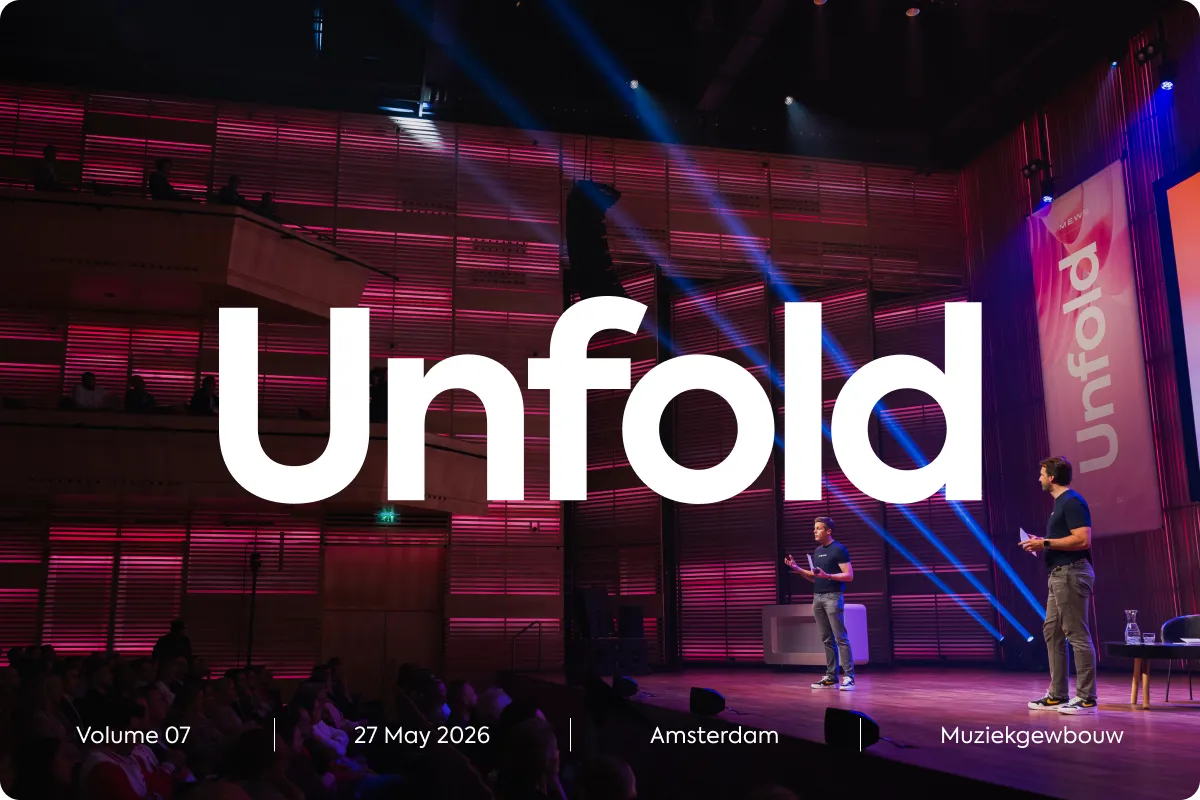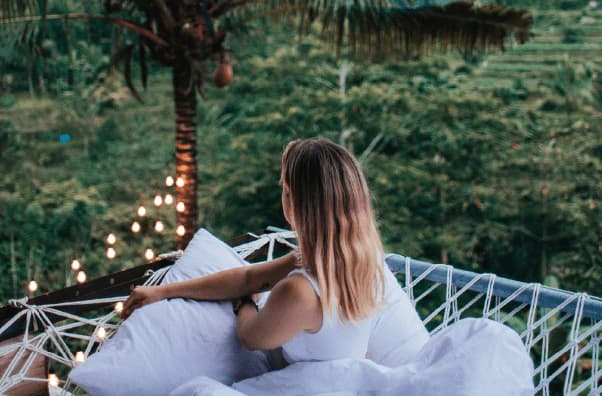This is the third and final follow-up blog to our Hospitality and the Coronavirus webinars, where we check in with our speakers to see how the situation has progressed in the weeks since.
We spoke to:
- Thibault Catala, Founder of Catala Consulting
- James Lemon, Founder of The Growth Works
- Kevin Machefert, Director of Sales, Marketing & Technology for Machefert Hotels
If you missed parts one and two, you can read up here:
Part I: New trends and developments
Part II: Preparing for the upturn
What can hoteliers do to act responsibly for health and safety?
James: “Ultimately we need to remember we're running hotels, not hospitals. And there is a good bank of knowledge out there of people who have recovered from pandemics before, particularly in Asia and there's a good bank of learning coming out of places like China.
If you've got a small chain of hotels, why not try a plexiglass solution in a couple of check in desks, and then a face masks and gloves solution in another couple of check in desks? Then ask guests what they think and stick with what works. Things like getting in the lift might be different in every hotel. We're seeing some of our clients who are finally painting the stairwell behind the lifts and they're giving vouchers for people who are prepared to stay on the first five floors.”
Thibault: “With Mews, you guys have a big winner because I see clients looking for self check-in and self check-out. They don't want to have anyone queuing in the reception, so that's one of the processes that they have been redoing for health and safety measures.
We have to educate the markets, and tell people we’re not like restaurants, cafes and museums."
Plus a big change will be breakfast. I feel that the buffet breakfast will disappear, that's my opinion, and people are shifting towards a breakfast box in their rooms or something to ensure that there is no contact with all the guests.”
Kevin: “We have to educate the markets, and tell people we’re not like restaurants, cafes and museums. Hotels are safe provided they respect proper health and safety protocols – you can be socially responsible in a hotel room, we can bring the restaurant up to you, we can reinvent room service, we can do many things you want. We have to tell people that we’re open and ready to welcome them. So this is a heavy education that we're doing through our websites and through our newsletters.”
Do you see the importance of OTAs changing?
Thibault: “There's a big topic right now, which is that everyone is kind of getting together against the OTAs. I’ve been on lots of different WhatsApp groups where you have GMs and hoteliers who are getting together, discussing strategy and what's going on in the market, specifically what are they doing with booking.com and Expedia.”
James: “I'll put it another way if you want to debate OTAs, because I think maybe hoteliers feel like that, but I'm pretty sure consumers don't feel like that and I think OTAs are a path out of this as much as hotels being creative.”
Kevin: “We're launching a platform this week called Save Your Hotel. We have 20 plus hotel groups, independent hoteliers, that are willing to sign the manifesto as well as being part of the platform.
...customers are already educated when it comes to buying direct, the whole farm-to-table, producer to consumer, when it comes to clothing, food, and even restaurants – why don't you also do it with hospitality?"
The purpose is for customers to educate themselves as to why they should book direct instead of through an intermediary, because we need solidarity and because we need to save the hospitality industry. The idea is that customers are already educated when it comes to buying direct, the whole farm-to-table, producer to consumer, when it comes to clothing, food, and even restaurants – why don't you also do it with hospitality? 85% of the hospitality market in France is family based, it's independents, it's guys that will hurt a lot.
The idea is really not to go into a battle against OTAs – I'm personally friends with everyone. But let's say on a €100 basis you're giving €18 to an OTA. Well, if the end consumer books on our platform, he's basically giving €18 extra to the hotelier. The hotelier is going to be so thankful, perhaps they will want to create a voucher or something, not cashback but a better experience.”
Do you have any concerns about the future?
Thibault: “For me, there's a big one which I'm a bit scared of for the future recovery: it's everything linked to meeting spaces and how events and corporate events will be impacted. There's a big question mark. No one has any answer about how behavior will change, if people will go back to normal and will go back to conferences and festivals with thousands of people, or if there will be a dramatic change and everyone with hotels with large meeting spaces will struggle in the future.”
James: “I think we can expect for a few months if not a couple of years where overall demand is subdued for different reasons and different segments. Everyone just needs to get more creative about what hotels stand for because people will come back to meetings if we can give them confidence that it's safe to visit, that they can be more productive and that they can have a great experience. We've got to give them that experience that you will not get sitting in your home and we've got to give them that productivity – there was a reason why we've always traveled and there is a really strong reason for hotels to exist.
[People] want to get back to work and for a lot of people that does involve travel, so we will see demand come back. It'll just look different in a lot of ways."
You see the big chains doing it already: Marriott, Hilton, Accor, they're out there with their cleaning standards, playing this confidence card really hard. We'll see a lot more from all the chains around being confident to travel, and also reminding people why they travel. You’ve got to remember, people are stuck at home raring to go again. They want to get back to work and for a lot of people that does involve travel, so we will see demand come back. It'll just look different in a lot of ways and we need to be proactive on confidence, experience, productivity and whatever brings people to hotels.”
Kevin: “If you look at the numbers and cash flow projections, it can be worrying, so every two weeks I'm reassessing my position and my business plans. With my CFO, I’m redoing our business plan every two weeks, which might be very silly, but I think being agile is best. Perhaps we won't follow that plan fully, but it's important to have some type of canvas to work on and some type of plan in mind with numbers.
This is something I encourage all hoteliers to do: to always look at your numbers and what they mean. For example, tomorrow in France we have the government speaking about how we’ll be confined from here onwards, so, I'm going to take that, capture it, and see how it applies to me in my business plan.”
What’s the general feeling you’re getting from speaking to hoteliers at the moment?
James: “There is amazing collaboration happening across the industry. Really interesting innovation committees are popping up, talking about how we tackle some of these common issues. We launched a Growth Works mentorship network two weeks ago and we've got 20 mentors, 50 mentees already meeting every week to discuss how to navigate these times.
Looking at what's going on in fast food restaurants in China will probably teach you as much of what's going on with your competitor down the road."
I would love to push it one step further: we need to see more people talking to people outside of their industry because actually we need to be looking to China for what's going on in retail, what's going on in delivery and transport, because these are the kind of lead indicators that will give us a sense of how consumers feel and what works to bring in people. Looking at what's going on in fast food restaurants in China will probably teach you as much of what's going on with your competitor down the road.”
Kevin: “I feel the sense of community big time. It’s crazy. For example, we have this WhatsApp group of independent hoteliers in Paris – we used to meet once a month and now we’re communicating every two days. It's great, we're talking to each other a lot.”
Thibault: “I definitely feel that there's much more a sense of community and a partnership between the different competitors – they used to be competitors but now they're all working together. So I think it has changed a lot of things in the market, and I feel that there's a big community geared towards getting out of this crisis together.”
It’s our goal to give hoteliers all the help and information they need to navigate through this incredibly difficult time. For all of our latest COVID-19 hospitality information, events and schemes, view our COVID-19 landing page.










